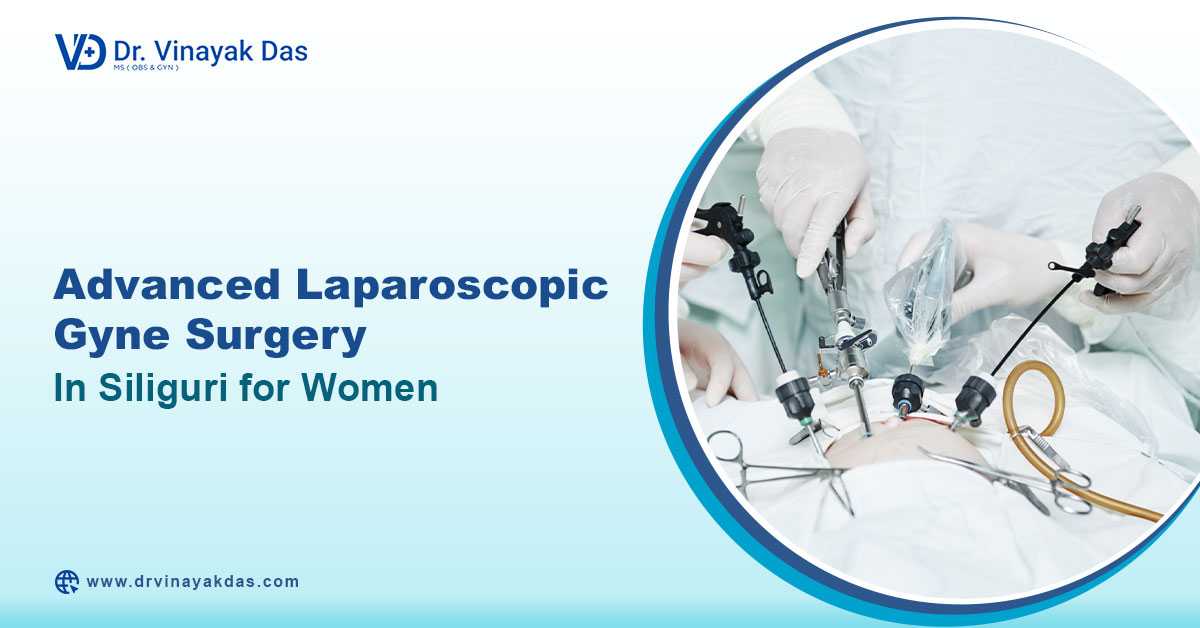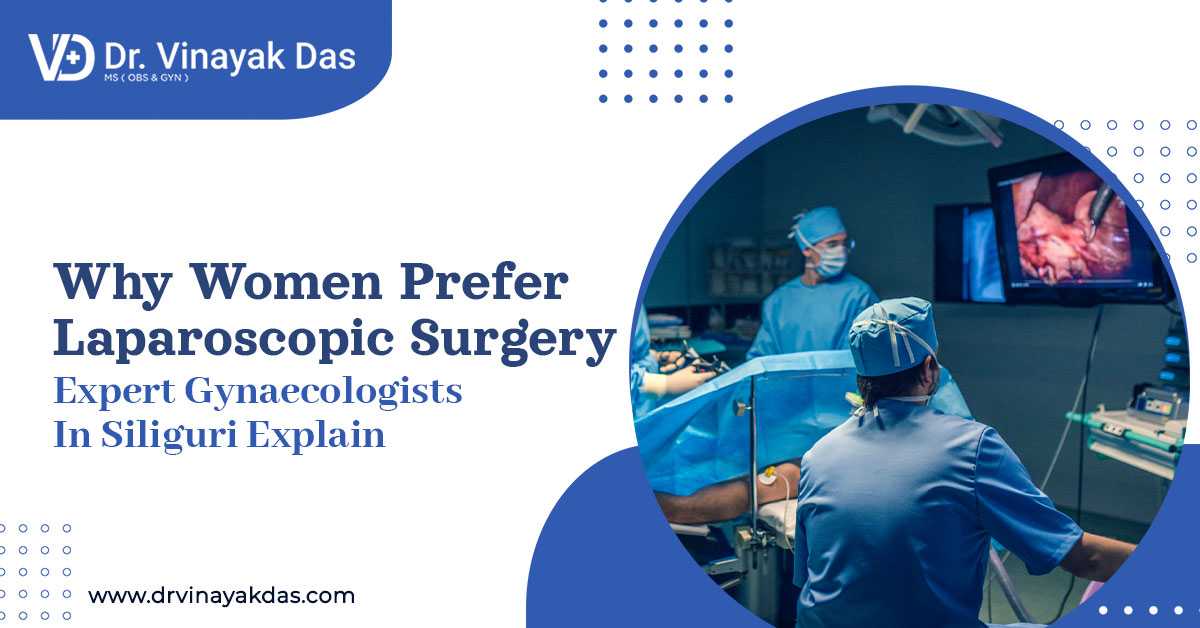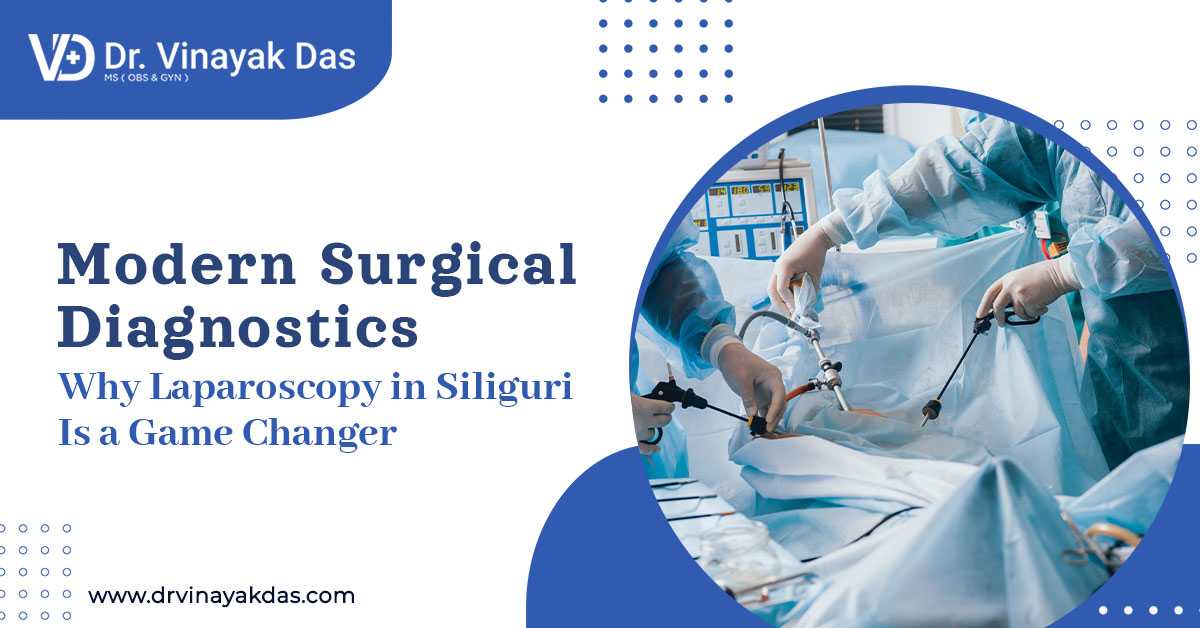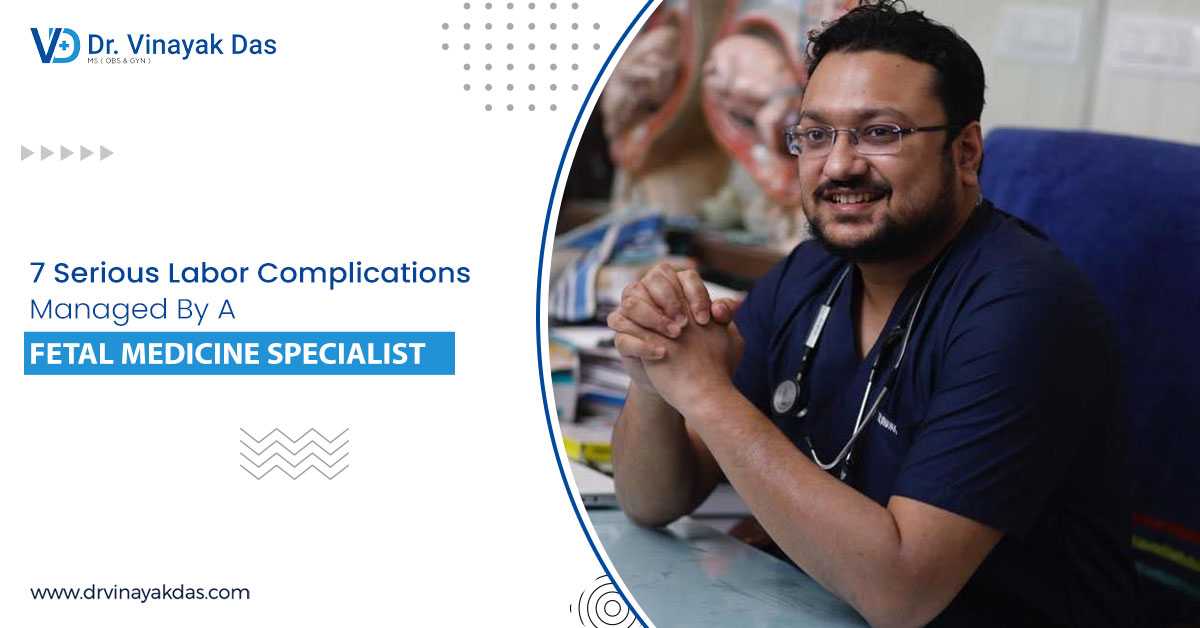High-risk or complicated pregnancies often need specialized care from fetal medicine specialists who are experienced in handling the complications associated with a high-risk pregnancy. High-risk pregnancy also increases the risks of birth process or labor complications that can be fatal if not treated properly. You can contact a renowned fetal medicine specialist in Siliguri if you want a smooth pregnancy and delivery experience.
Some delivery complications may develop unexpectedly and suddenly and this is why routine pregnancy check-ups and proper prenatal care are necessary. This will help in detecting and treating any abnormalities such as decreased fetal movement and abnormal bleeding urgently.
Here are some of the complications experienced during the birth process that can be effectively managed by a fetal medicine specialist.
1. Fetal Distress
Fetal distress is one of the most common labor complications which is also known as non-reassuring fetal status. This condition refers to the improper state of the fetus such as low amniotic fluid levels, irregular heartbeat, and movement issues. The underlying causes behind this complication can be maternal hypertension, low oxygen levels, and anaemia.
2. Shoulder Dystocia
Shoulder dystocia is another complication which mainly happens during normal delivery. In this case, the shoulder of the baby remains inside the mother during the vaginal delivery. If this condition is not handled properly by the doctor then it can lead to brain injury, brachial injury, and fetal fracture.
3. Placenta Previa
You must also seek the guidance of an experienced gynae doctor in Siliguri if you suffer from placenta previa. In this condition, the placenta covers the cervical areas which makes it essential to perform a caesarean delivery. Some of the early signs of this complication are the breech positioning of the baby and early contractions.
4. Excessive Bleeding
Postpartum haemorrhage or excessive bleeding after the expelling of the placenta is another condition that needs to be managed immediately. Obesity, placental abruption, prolonged labor, infection, and gestational hypertension can increase the risks of bleeding. Managing these conditions by a fetal medicine specialist is essential to reduce the risk of bleeding.
5. Uterine Rupture
Uterine rupture during delivery may happen if you have a history of caesarean delivery since the chances of reopening the scar are higher. Advanced maternal age, labor induction, and the large size of the baby are other possible risks. The early signs of this complication that you must notice include vaginal bleeding, abnormal heartbeat of the mother and baby, and abdominal pain.
6. Perinatal Asphyxia
A woman may also fail to sustain normal breathing during delivery, which is a labor complication commonly known as perinatal asphyxia. If immediate care is not provided then this condition can lead to organ malfunction and cardiovascular problems due to low oxygen levels.
7. Rapid Labor
Rapid or precipitous labor may happen when you feel intense contractions suddenly. This complication may arise if the size of the baby is smaller or due to the strong uterine contractions. The chances of haemorrhage, vaginal tearing, and postpartum shock is higher in such cases.
If you experience any of the early signs of labor complications then you must contact the best gynaecologist in Siliguri without any further delay. The gynaecologist and the fetal medicine specialist will work together to ensure a safe delivery while considering the proper health condition of you and your baby.





